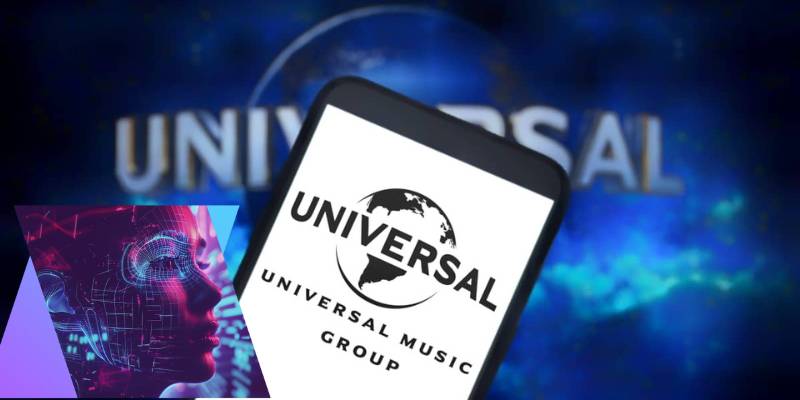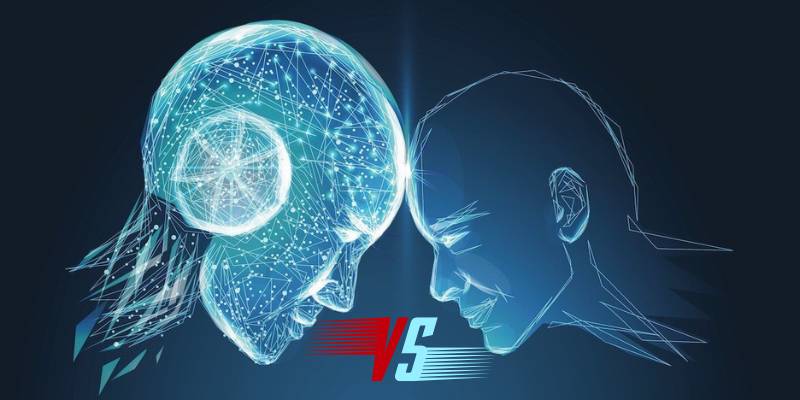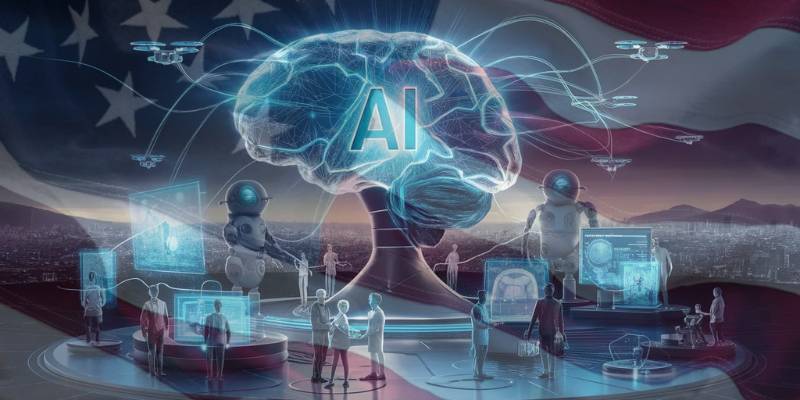In a move that could reshape how artificial intelligence and the music industry coexist, Universal Music Group has reached a settlement with the AI startup Udio, ending months of legal battles over copyright infringement.
The two sides are now joining forces to build a new music platform powered by generative AI, one that uses licensed songs rather than scraping tracks from the internet without permission.
The news broke after reports confirmed that Universal’s lawsuit against Udio had been withdrawn and replaced by an unexpected partnership that aims to make AI music legitimate and profitable through proper licensing and artist crediting, as detailed in this report on the settlement.
It’s a surprising turn. Earlier this year, record labels including Universal accused both Udio and another AI music generator, Suno, of “massive copyright infringement,” claiming that the platforms had trained their algorithms using copyrighted songs pulled from platforms like YouTube.
A closer look at how labels challenged Suno’s AI model shows how fiercely the industry was pushing back against what it called “theft disguised as innovation,” leading to a wave of lawsuits that shook Silicon Valley’s AI-music startups.
The settlement with Udio now marks the first major pivot from conflict to collaboration, showing that big labels are starting to see AI not as an enemy, but as a tool worth shaping — on their terms.
But let’s not sugarcoat it. The reaction among independent artists and creators has been mixed.
Many who used Udio’s platform before the deal were shocked when its download features were suddenly disabled, effectively locking users out of their own AI-generated songs.
According to a follow-up analysis of the backlash, Udio’s new platform model will favor licensed, closed-loop creation — meaning AI songs can be made, shared, and remixed, but not freely exported.
It’s a protective move for rights holders, but one that’s left smaller creators worried that AI creativity is slowly being fenced off.
For Universal, though, the strategy makes perfect sense. The company has spent months pushing for “responsible AI” in music, even as some of its own artists experiment with AI-assisted songwriting.
When Universal’s chairman spoke about the deal, he described it as a “blueprint for ethical collaboration” — language that signals a broader shift across the entertainment industry.
Other major labels are expected to follow suit, possibly turning AI training into a new revenue stream for rights holders rather than an existential threat.
This trend is already visible beyond music. Legal experts note that similar fights are happening in publishing and film, where creative works are often scraped to train generative models without consent.
A case involving Anthropic’s Claude AI fabricating legal citations during a copyright dispute has only deepened calls for tighter transparency in how generative systems are trained and deployed.
The ripple effect of Universal’s partnership could push more industries toward licensed data models that balance innovation with creator control.
As for me, I find this shift both promising and a little bittersweet. It’s exciting to imagine a world where AI music isn’t just a novelty but a serious creative force — one that pays artists fairly and respects their work.
But it’s also hard to ignore that these deals might slowly lock the gates of AI innovation behind corporate walls.
The future of generative music might sound incredible, sure, but it might also come with a hefty price tag for anyone trying to join the chorus.


